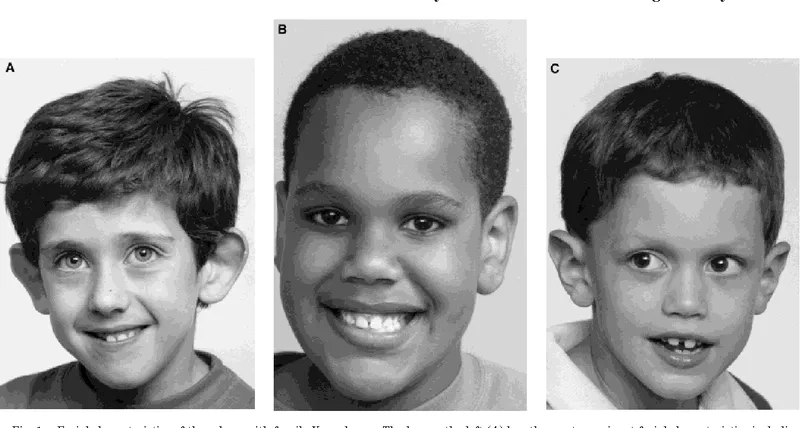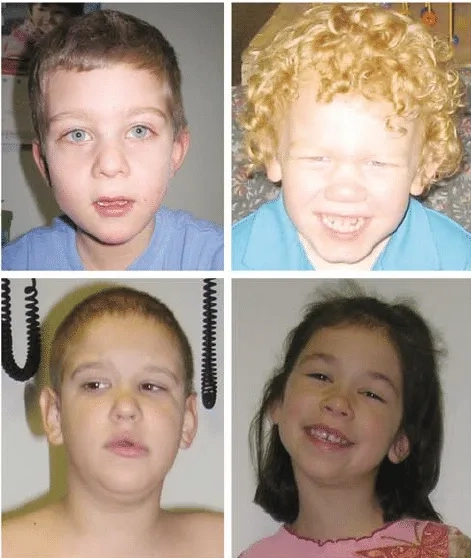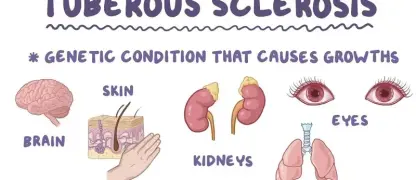Understanding the signs of Fragile X Syndrome is the first step toward securing an early diagnosis and accessing vital support services that can significantly improve a child's developmental outcome. Don't miss this crucial information.
What are the main causes of Fragile X Syndrome?
- What is Fragile X syndrome? It's a genetic condition caused by a specific mutation in the FMR1 gene, which is located on the X chromosome.
- This mutation prevents the body from producing a protein that is crucial for normal brain development, leading to various intellectual and developmental challenges.
- The pattern of Fragile X inheritance means the mutated gene can be passed from parents to children, often by carriers who show minimal symptoms.

Key symptoms of Fragile X Syndrome to watch for
- Common Fragile X syndrome symptoms include significant developmental delays, learning disabilities, social anxiety, and behaviors associated with autism spectrum disorder.
- Distinctive physical Fragile X characteristics can include a long, narrow face, large ears, and flat feet, which often become more apparent after puberty.
- While symptoms are typically milder with Fragile X in females, they may still face learning challenges, and fragile x carrier symptoms can also appear.
How can you prevent Fragile X Syndrome effectively?
- While the syndrome itself cannot be prevented, Fragile X testing allows potential carriers to understand risks through genetic counseling before starting a family.
- An early Fragile X diagnosis is critical for implementing therapies like speech, occupational, and behavioral support to maximize a child's potential.
- Although there is no cure, Fragile X syndrome treatment focuses on managing symptoms and providing tailored educational support to address individual needs.
>>> Don't miss: Klinefelter syndrome – understanding symptoms and care
Image of the disease Fragile X Syndrome - FMR1 gene on X chromosome







>>> See more: Neurofibromatosis – types, symptoms and treatment options
Early diagnosis and intervention are key to helping individuals with Fragile X Syndrome reach their full potential. Consult a healthcare provider or genetic counselor for information on testing.
>>> Details at: Tuberous sclerosis – causes, signs and management


